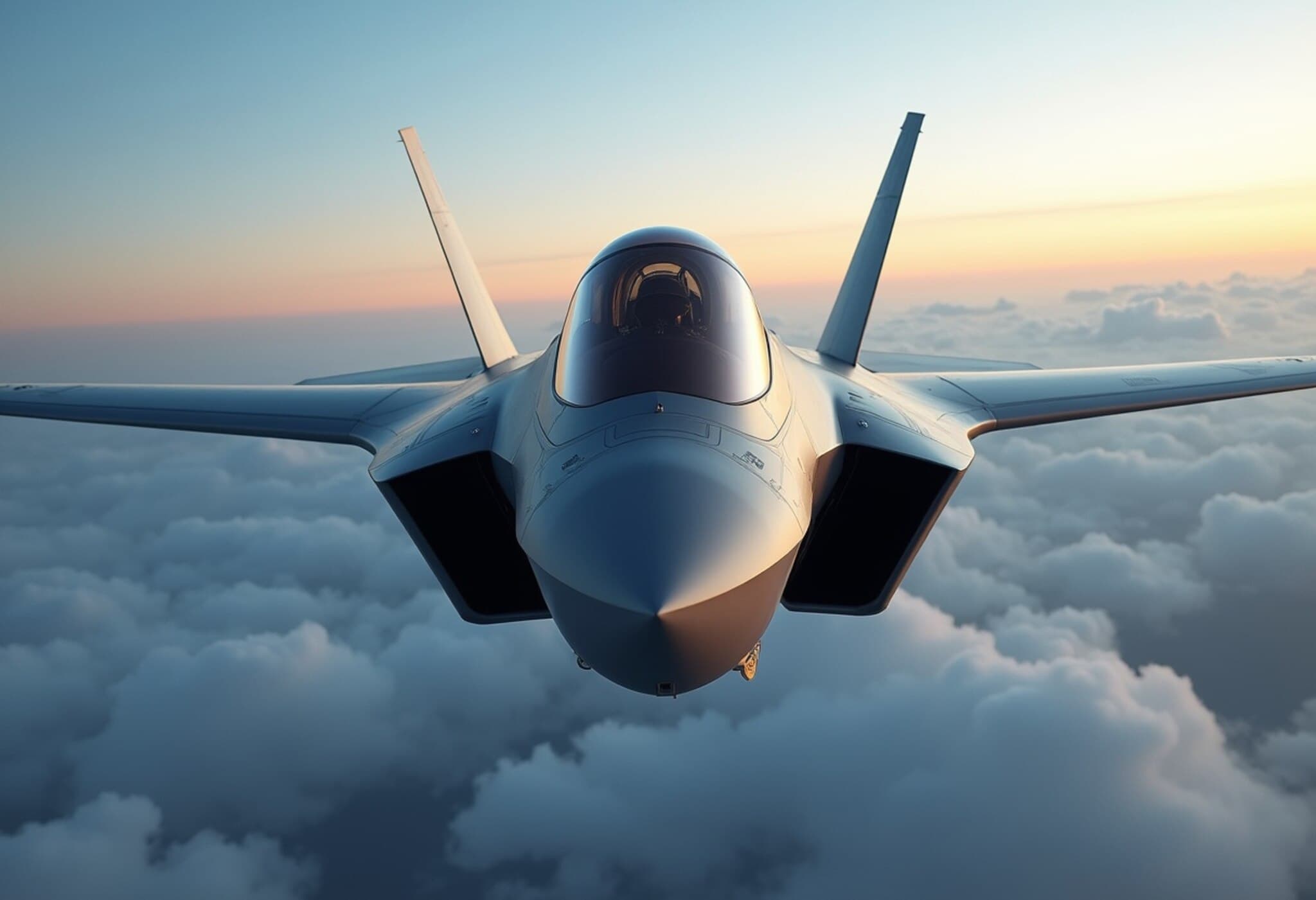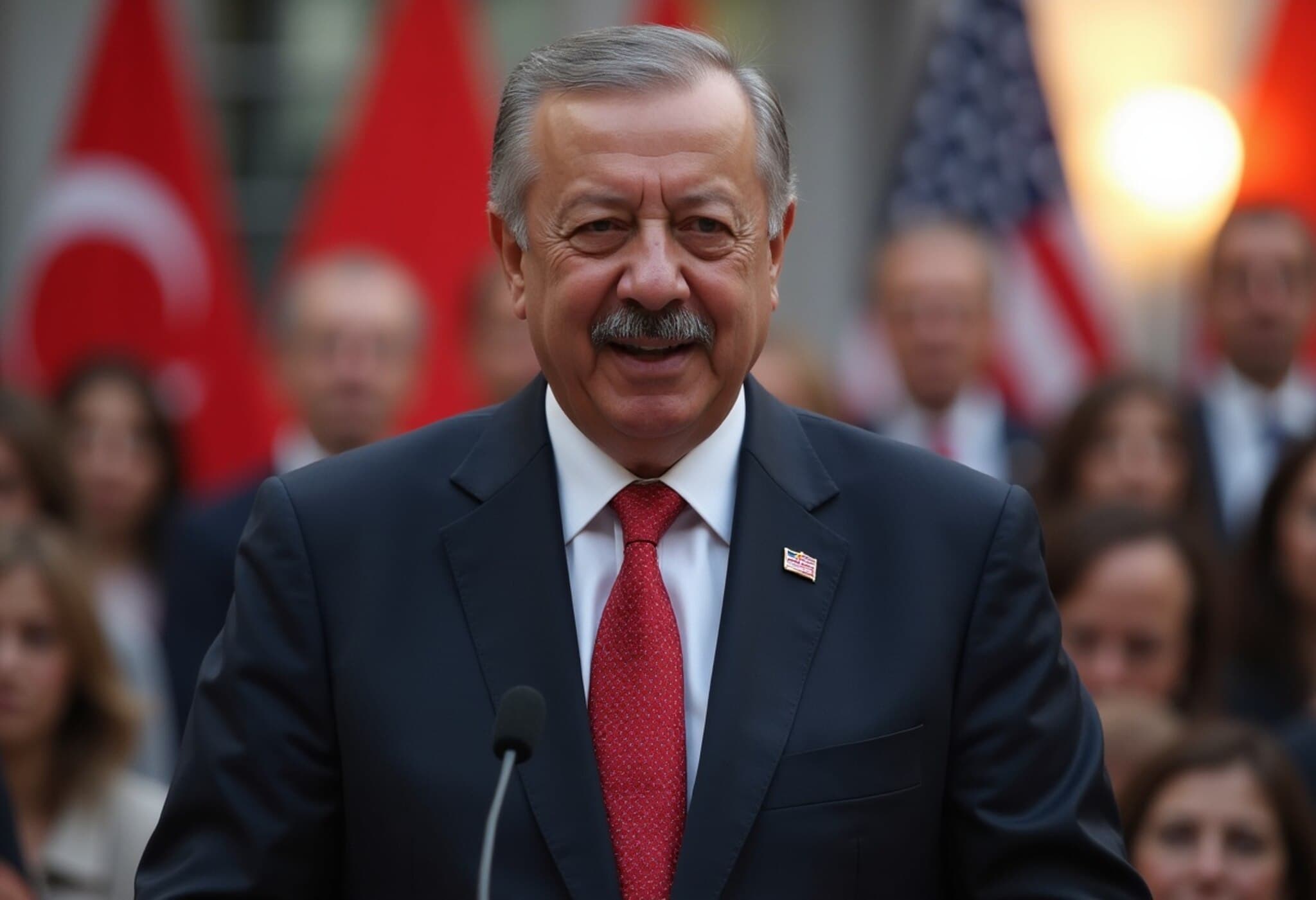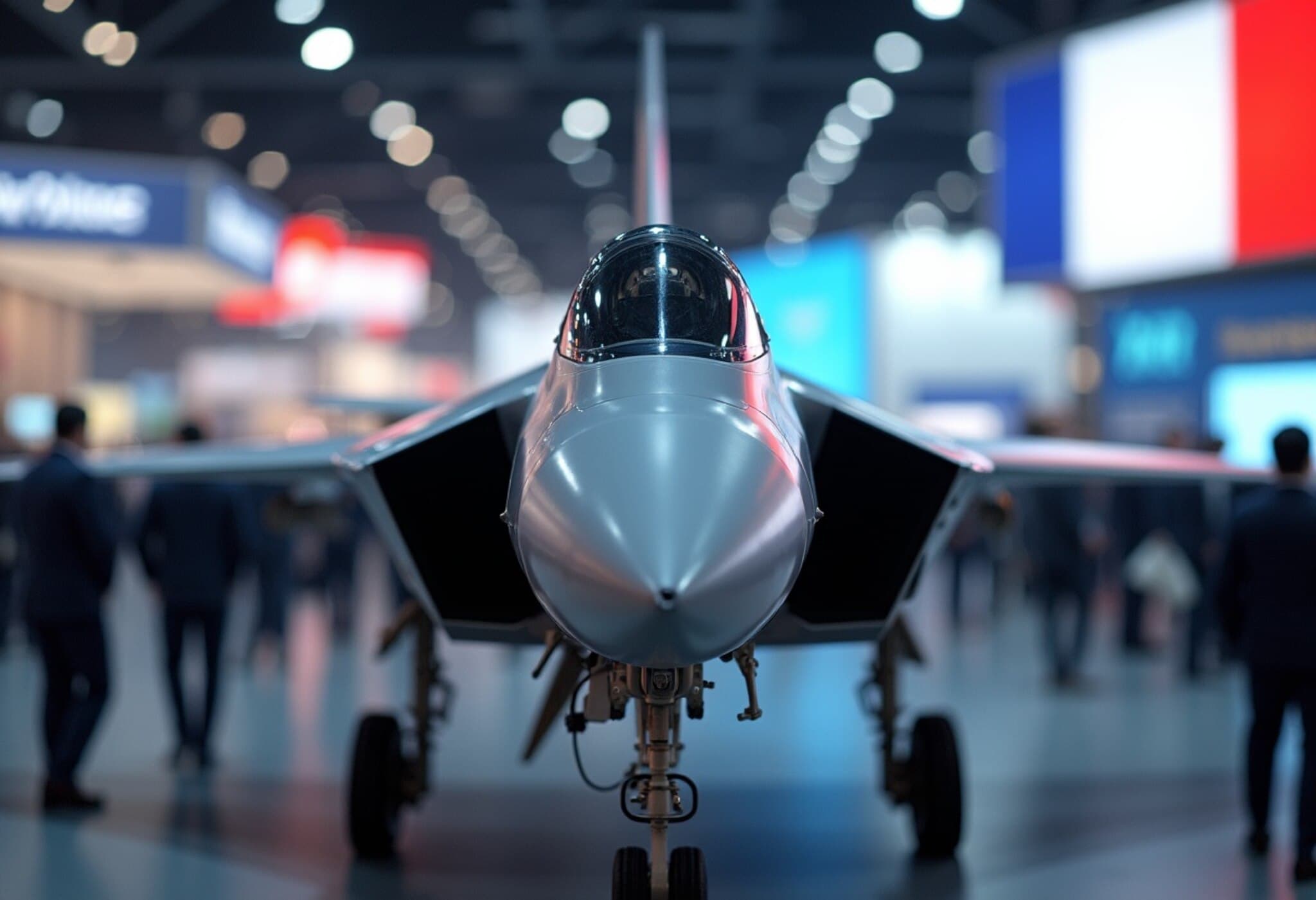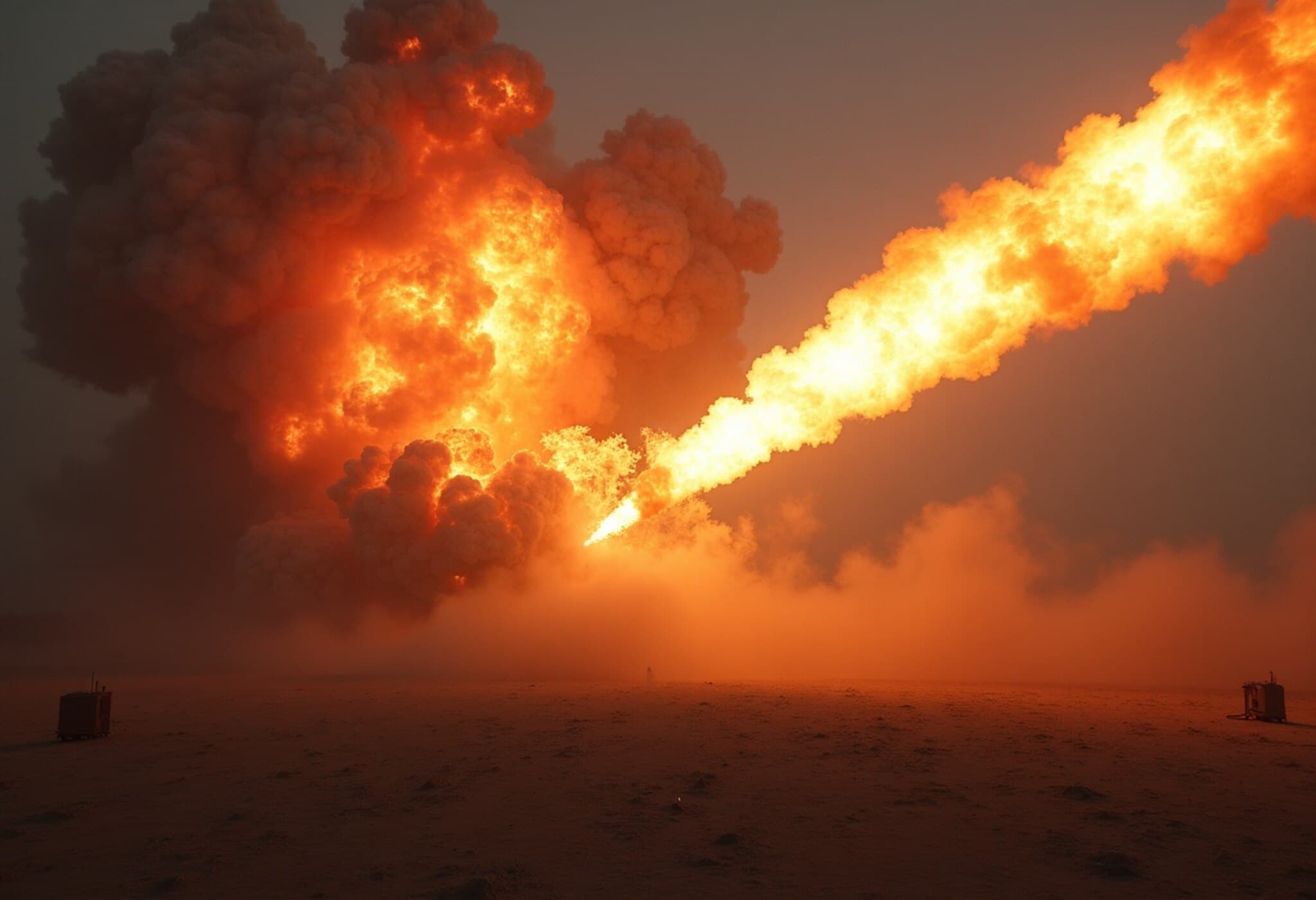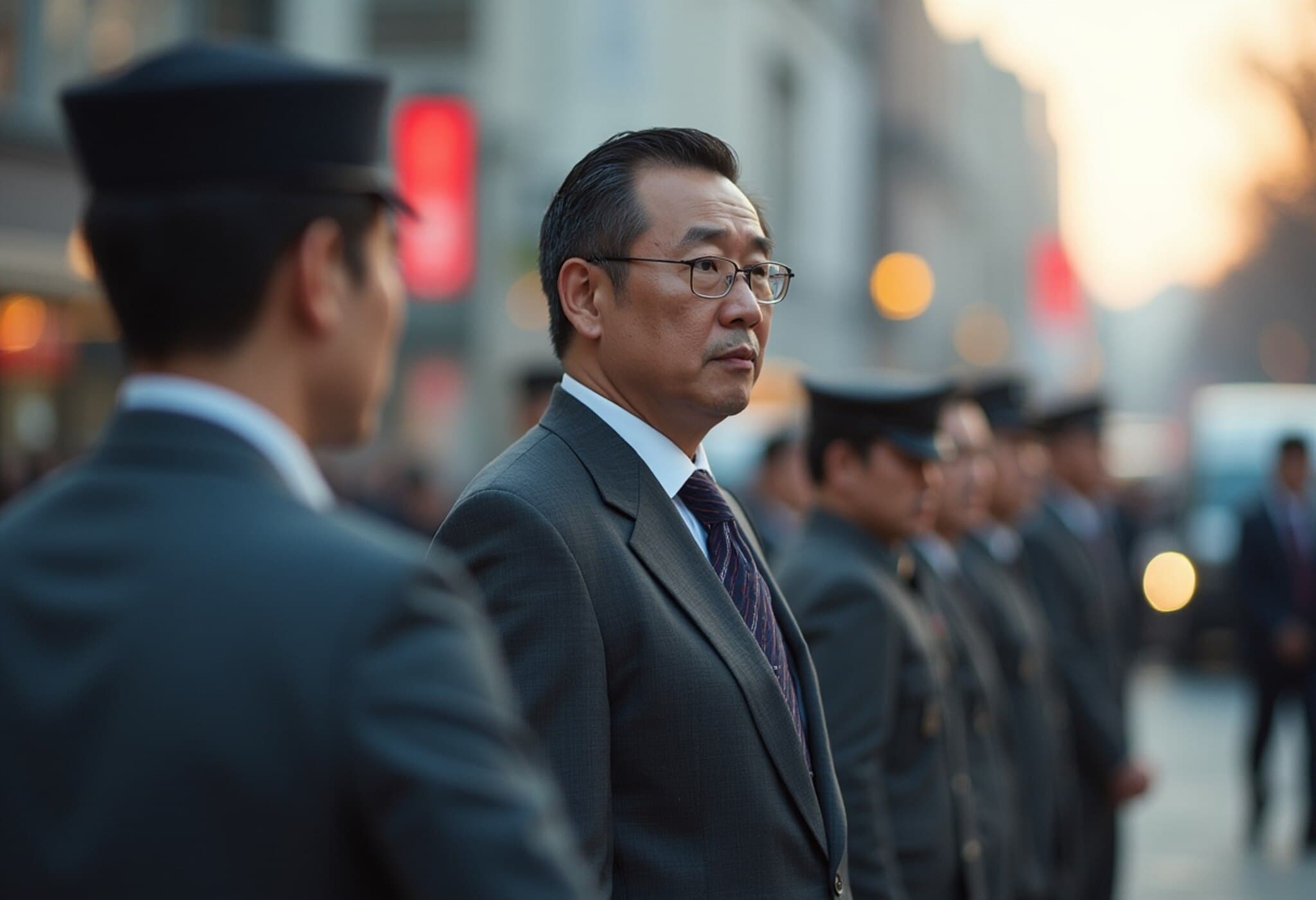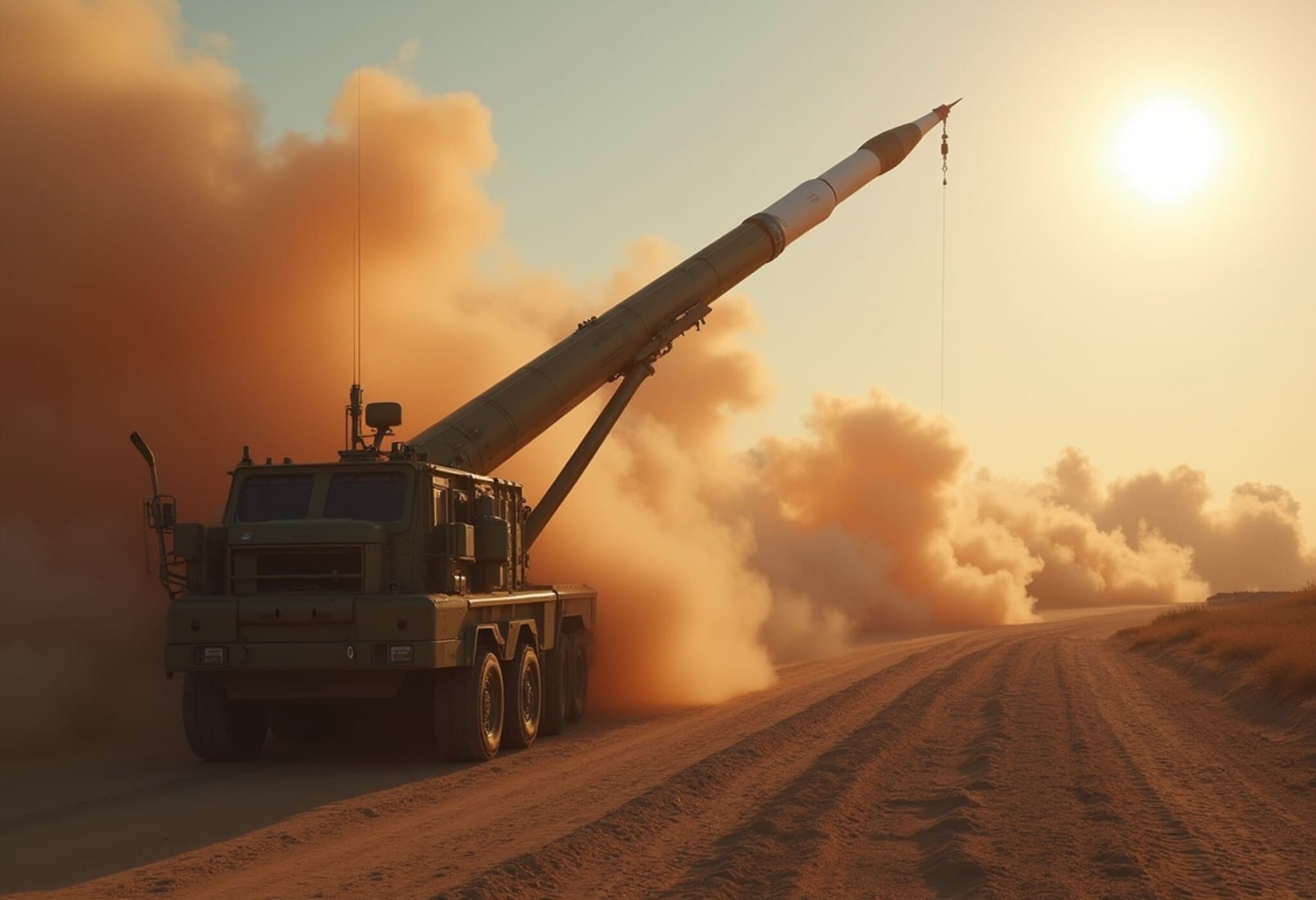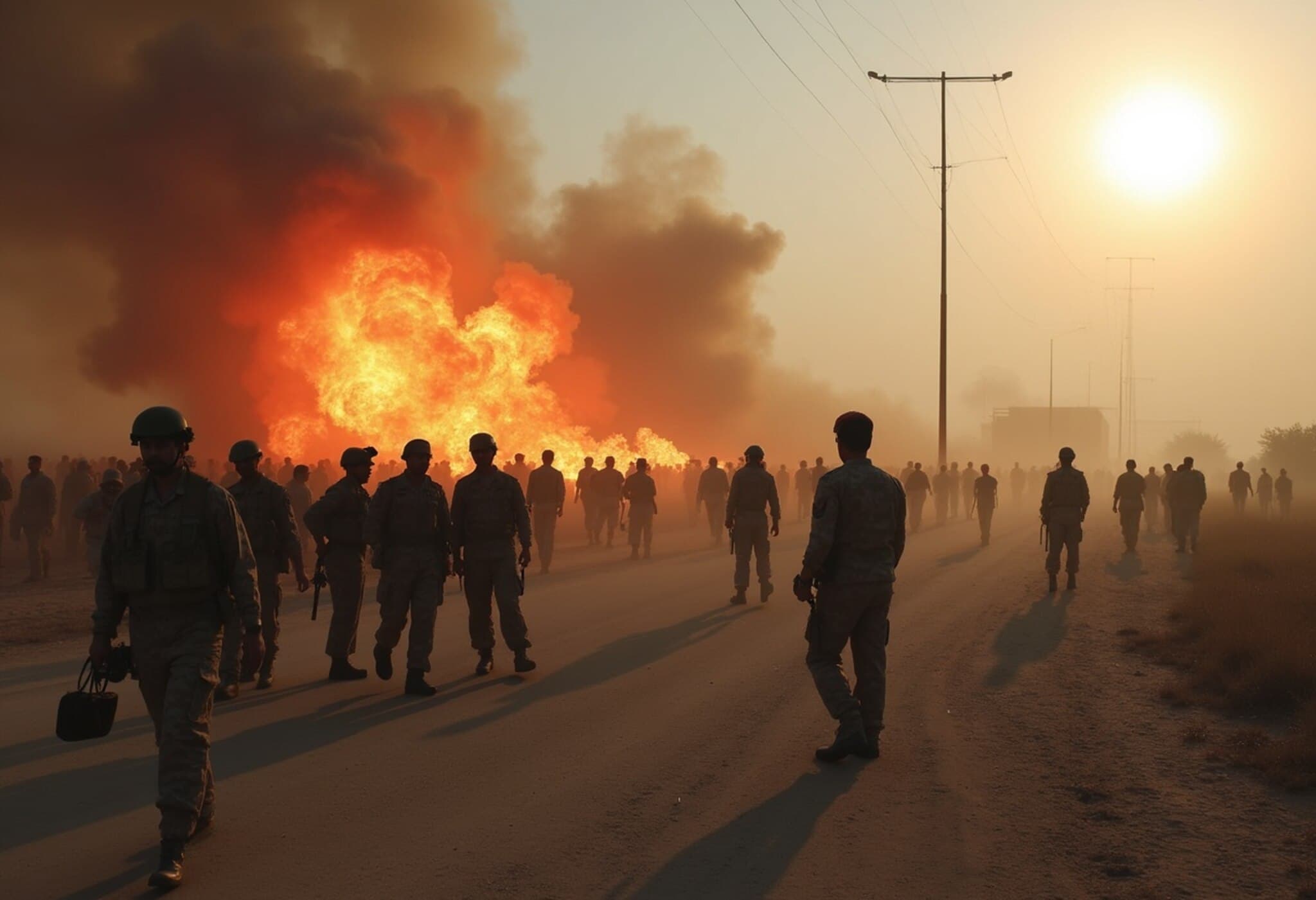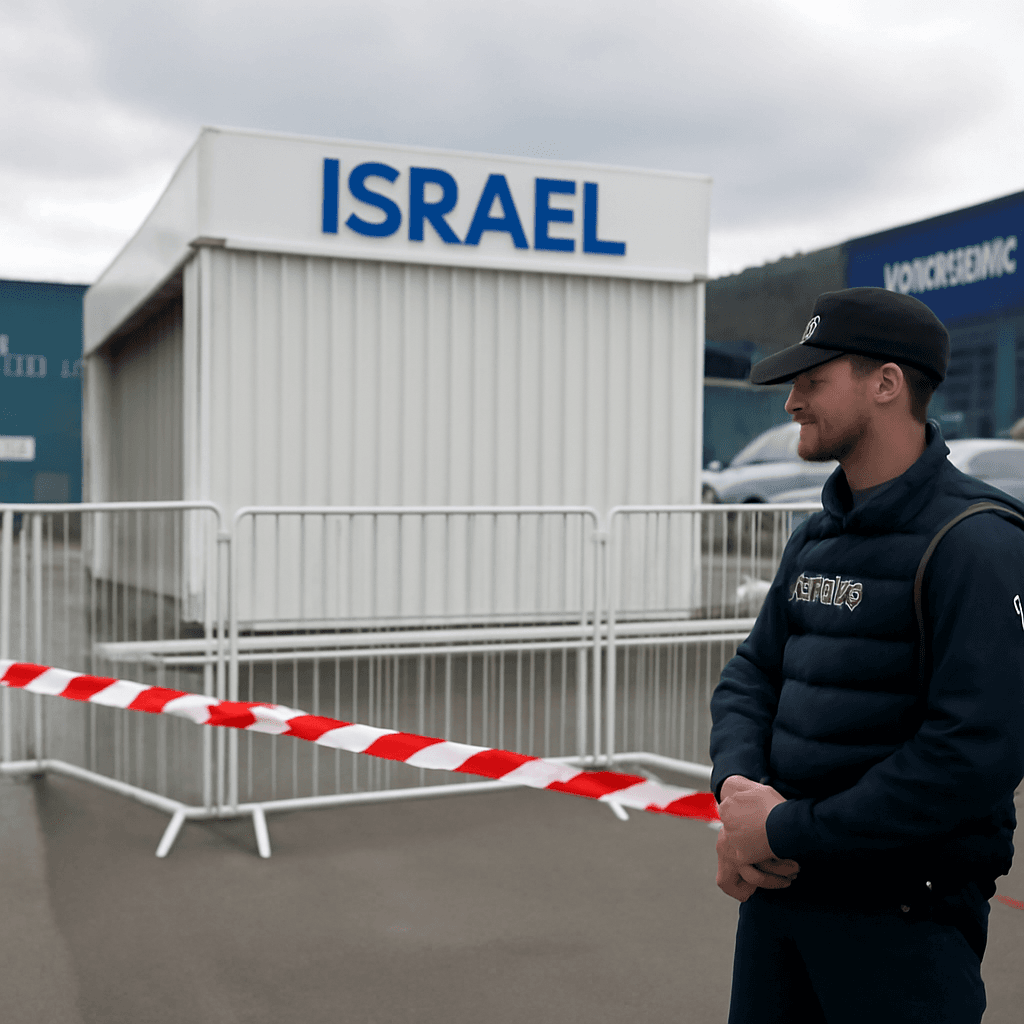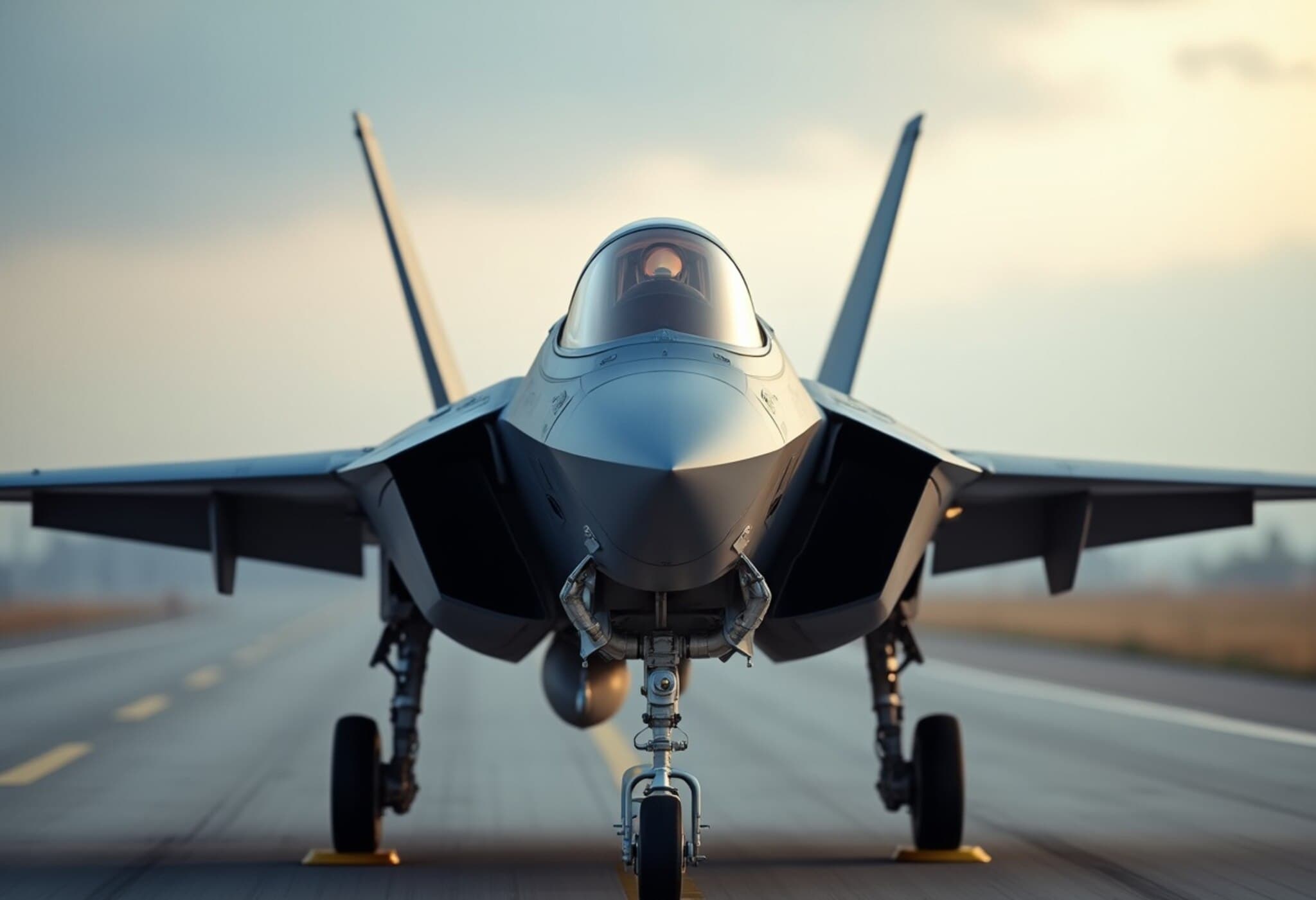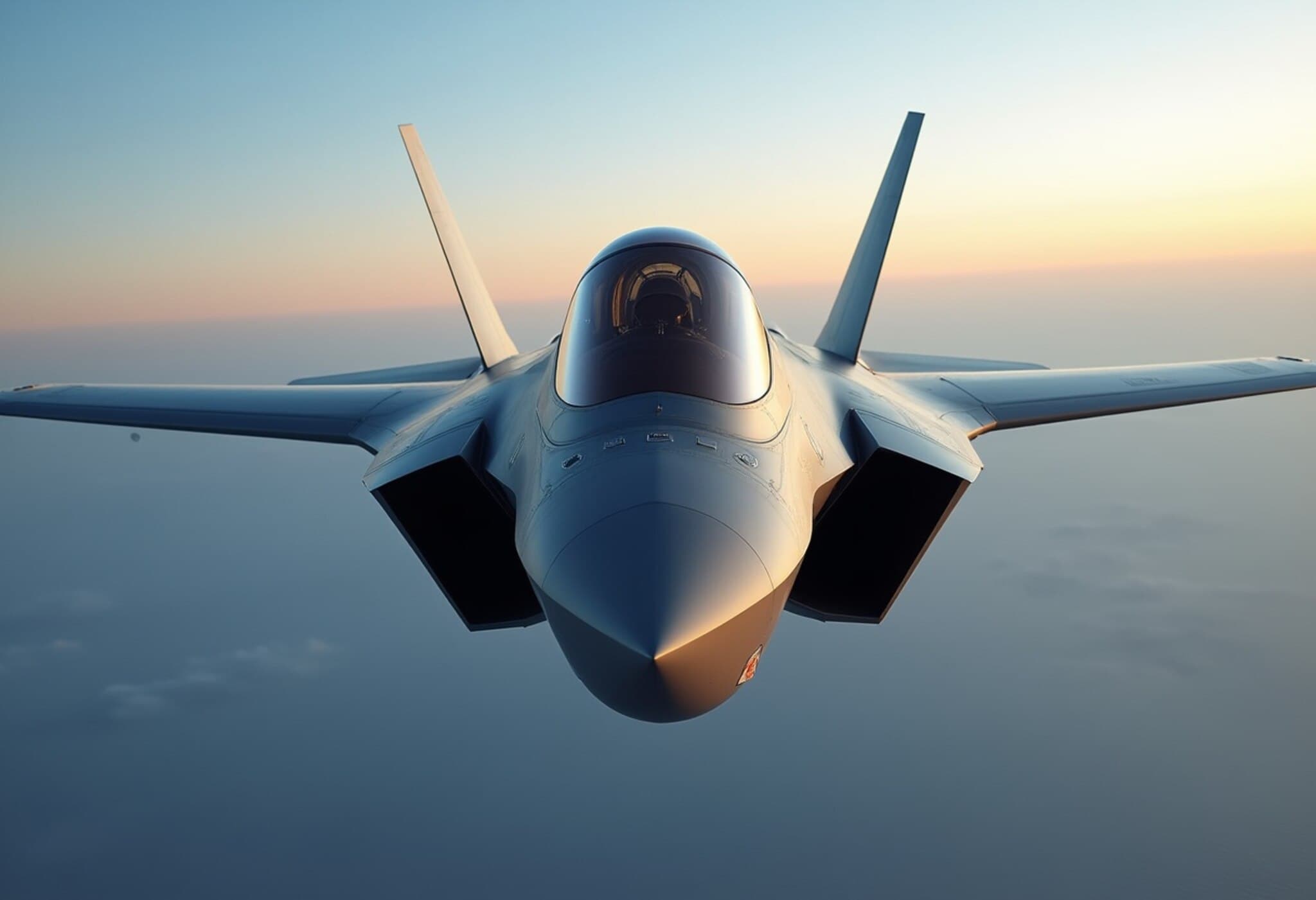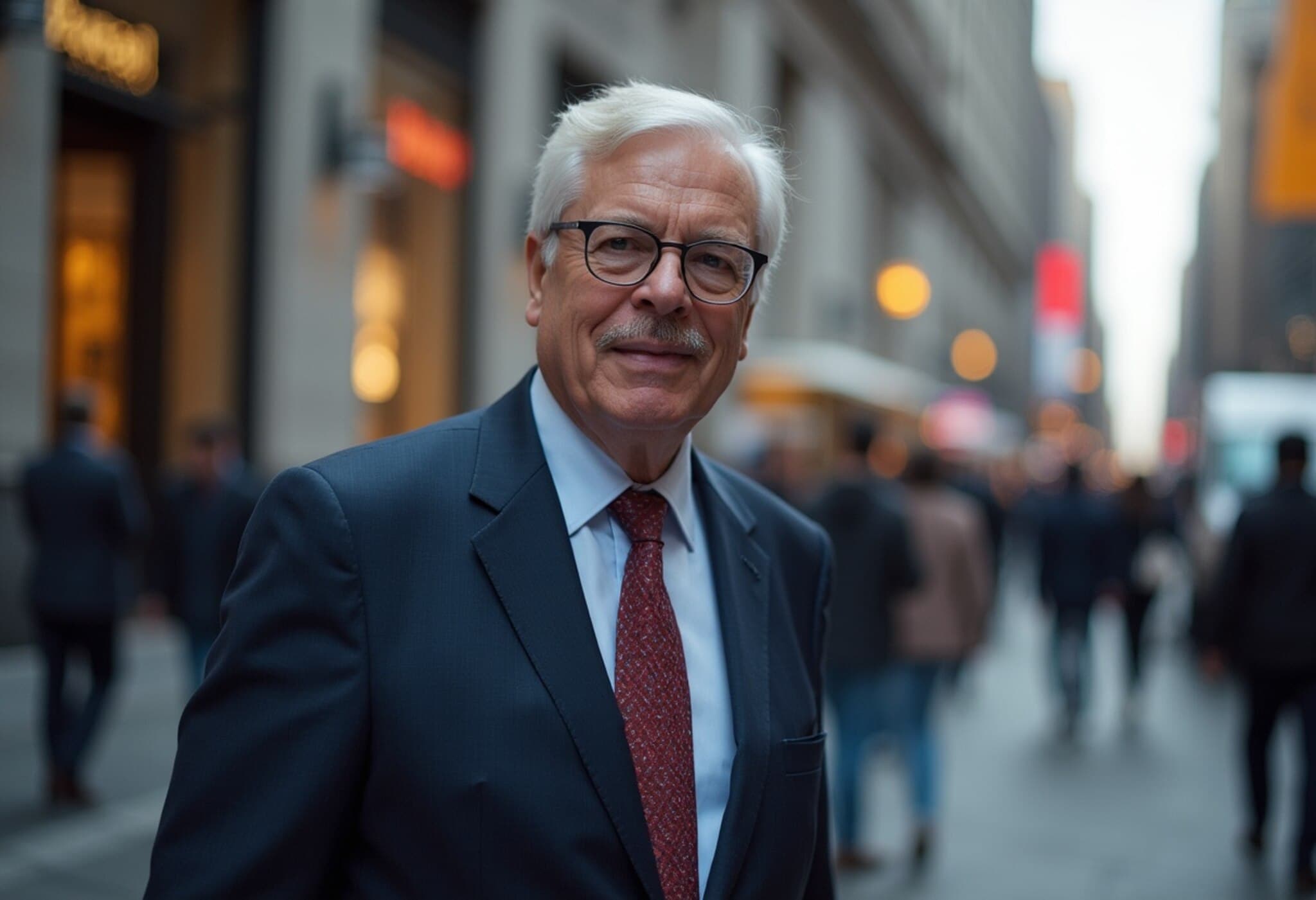Switzerland and US Enter Talks Over Rising F-35 Fighter Jet Costs
Switzerland has opened discussions with the United States following an unexpected price hike for the Lockheed Martin F-35A Lightning II jets it plans to acquire. The initial fixed contract of approximately 6 billion Swiss francs ($7.4 billion) for 36 fighters is now under threat due to rising costs communicated by US authorities.
What Sparked the Dispute?
The controversy stems from the US Joint Program Office revealing last year that the originally quoted fixed price was not set in stone. In February, Switzerland was notified by the US Defence Security Cooperation Agency that the price could increase significantly due to surging raw material prices, energy expenses, and higher inflation in the US.
Government officials in Switzerland warn that the total cost could rise by anywhere between $650 million and $1.3 billion, complicating what was once a straightforward agreement.
Official Reactions From Switzerland
Urs Loher, head of the Swiss defense procurement agency Armasuisse, emphasized the unexpected nature of this development. “A contract is a contract,” he remarked, stressing that Switzerland entered the deal with the understanding of a fixed price. With no legal path to resolve the disagreement, Swiss authorities are pushing for a diplomatic solution.
Defence Minister Martin Pfister confirmed that dialogue with US counterparts is actively underway. Nevertheless, he acknowledged that if no agreement materializes, Switzerland might be forced to cancel the contract—though this remains a last resort.
The Broader Context: Why the F-35?
Back in 2021, Switzerland selected the F-35A after evaluating several contenders, including Boeing’s F/A-18 Super Hornet, France’s Rafale, and the Eurofighter developed through a consortium of European defense firms. The choice was controversial domestically, with critics labeling the jets as an overly extravagant "Ferrari" solution for Swiss defense needs.
Opponents argued that Switzerland's relatively small airspace could be crossed in under ten minutes by supersonic jets, questioning the necessity of advanced stealth fighters for national defense. Despite such objections, officials maintain the purchase is vital to replace aging F/A-18 aircraft set to retire by 2032. Without this upgrade, Switzerland warns it will be unable to assure the security of its airspace and citizens.
Next Steps and Implications
The Swiss government’s stance remains firm on honoring the contract, though uncertainty lingers amid the pricing dispute. The talks aim to reconcile US cost increases with Switzerland’s budget expectations to avoid undermining national defense capabilities after 2032.
How this negotiation concludes will have a major impact, not only on Swiss air force modernization but also on perceptions of the US as a dependable defense partner in international arms deals.

